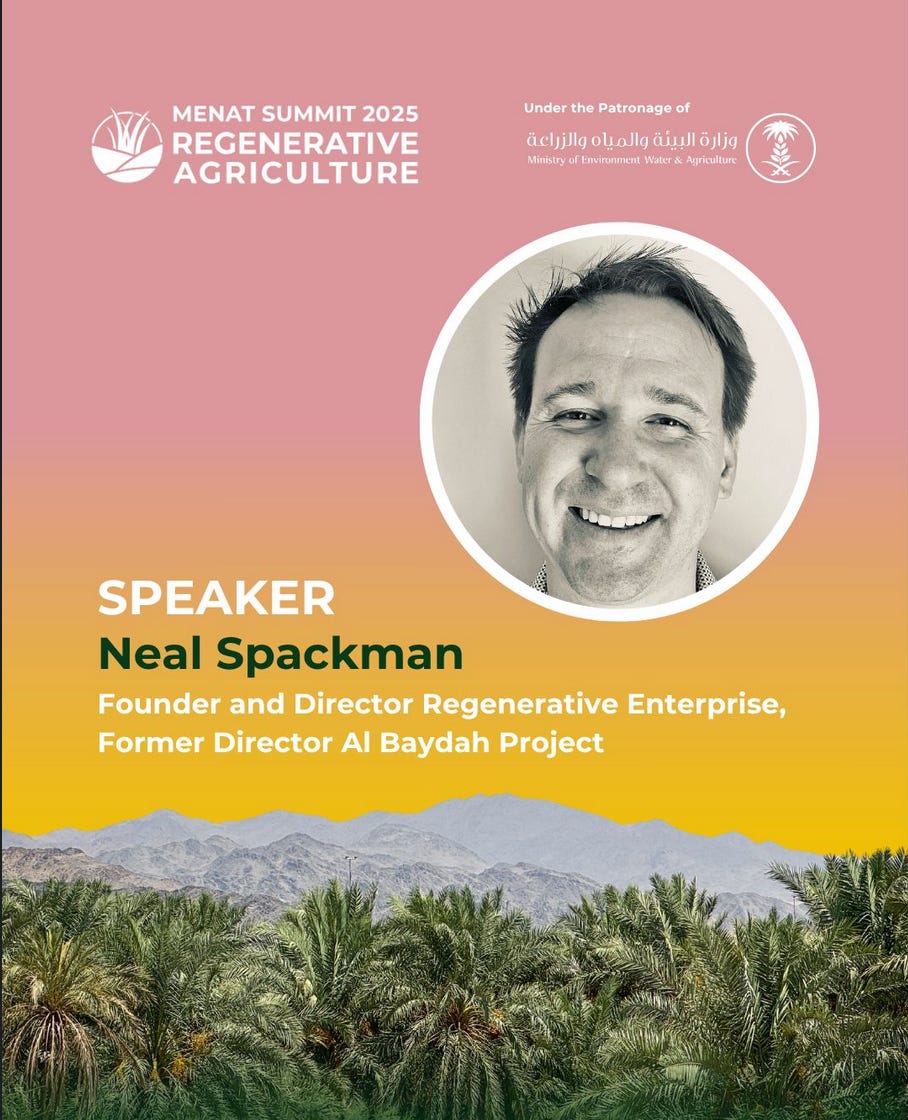Thoughts on Stanford's Climate Adaptation Kickoff
Since the end of last year I’ve had the opportunity to serve as a judge for Stanford’s Climate Adaptation Accelerator, which is hosted at the new Doerr’s School of Sustainability. Aside from giving me the opportunity to get back to Palo Alto and visit folks who have been mentors and champions for my work, it’s also given me a view of where some of the world’s best scientists are going with climate research and what they’re pursuing. The last six months of involvement with the accelerator culminated in speaking at their kickoff, where the winners of this year’s accelerator presented what they’re doing, and I got to talk about my experiences in implementing and advising projects around the world.
The winners and areas of focus are listed here, open to perusal. Being that they’re in central California, it’s no surprise that some of them focused on fire, extreme heat, and cooling. One focused on finance (a massive gap), and one was also focused on blue ecosystems, both of which I felt I had more background in and could evaluate with a lot of context. Overall, I thought the proposals were fantastic.
In being a judge, the challenge wasn’t being objective. The challenge was in helping folks in academia see the practicality, or impracticality of what was being proposed, and in trying to make sure that real applications were possible. My overarching criticism of the proposals in general is that they were too academic; too much of studies that would likely conclude that more study was needed, too much drilling down on the need for more data on very siloed things, and not enough “ here is something we can do right now that’s going to alleviate real problems once we know X, Y, and Z.” For me, those that leaned toward the latter were a lot more compelling.
In my panel discussion at the kickoff, I brought up projects i’ve been on in Gambia, Mexico, and KSA, where communities are dealing with tragedies of the commons, poverty, short-term priorities trumping long-term sustainability, and the effects of ecosystem degradation, resource depletion, and loss of nature are acutely felt. Perhaps the biggest juxtaposition for me has been the lack or urgency in conferences like this — partly due to how insulated people are from the effects of degradation and climate change—contrasted with the urgency of communitiess i’ve worked with and the pain they go through when livelihoods fail, when youth have to look to cities and leave communities in search of employment, when resources are degraded and people have to scramble to make ends meet.
I don’t mean this as a criticism of Stanford or the sustainability accelerator — just that it’s jarring to go from meeting with fishermen who aren’t catching fish anymore, can barely feed their families, and are on the front lines of adaptation and have a dire need for urgent solutions, to one of the top academic institutions in the world where these things are discussed over snacks and coffee, and the general consensus seems to be “more data is needed.” I say that with a lot of love! I love going to Stanford and seeing all the cool stuff people are working on and being in these discussions. I love the interdisciplinary nature of it all, and seeing how folks are tying things together. That being said a lot more funding needs to go to innovation that builds prototypes and experiments. Those are riskier and more costly endeavors that require embracing failure and complexity. It might not be fair to expect that from academia, but I believe such activities will lead to real solutions more quickly.
Along those lines, for the next two weeks I’m in Saudi Arabia, speaking at the MENA Regenerative Agriculture conference being put on by the good folks at Goumbook. While I spent much of 2023 in the region (in Abu Dhabi and Dubai mostly), I haven’t been back to KSA since 2021. There’s a tremendous amount of activity here on regenerative systems, and I’m excited to poke my head behind the curtain and see what’s going on. 15 years ago I started at Al Baydha in Makkah, and now regenerative systems and regenerative ag are a big part of the conversation here in food security, nature restoration, and climate; it’s exciting to see and gratifying to have been part of that genesis.
That being said, I’m not likely to get another post out till I come back, so hang tight while I finish the sharing vs sparing series, and then we’re going to get into Carl Hodges, seawater agriculture, and regenerative blue economy.
~Neal




Thank you for revealing the practical side of Climate Adaptation. Academia will not be able to resolve any issues until they have been in the field for extended periods, experiencing the living conditions of all affected by climate change.
Thats the sad reality of western academia - we have mired ourselves in the metrics of science, publication, peer review and funding. To the point that innovation and trying things out in the field become rare. Fortunately, Africa's environmental science hasn't fully capitulated